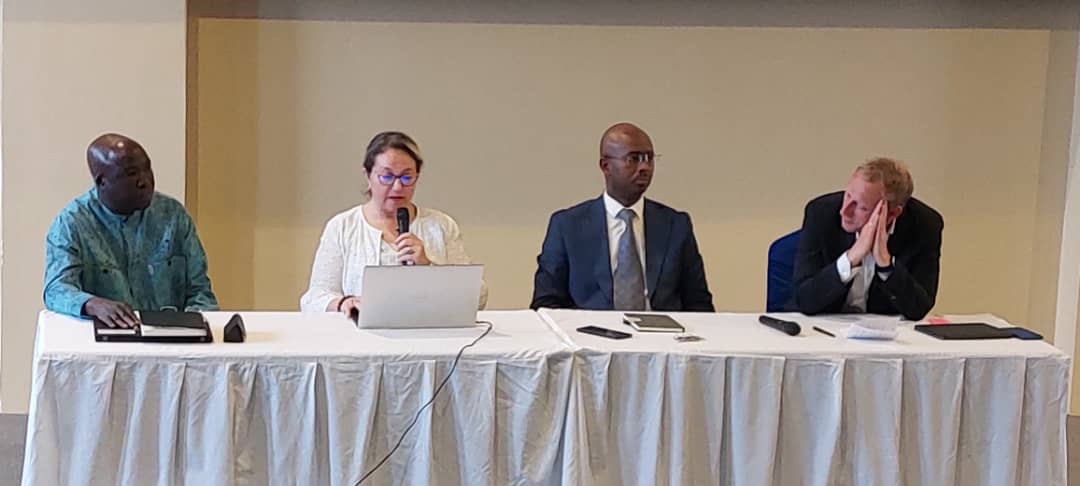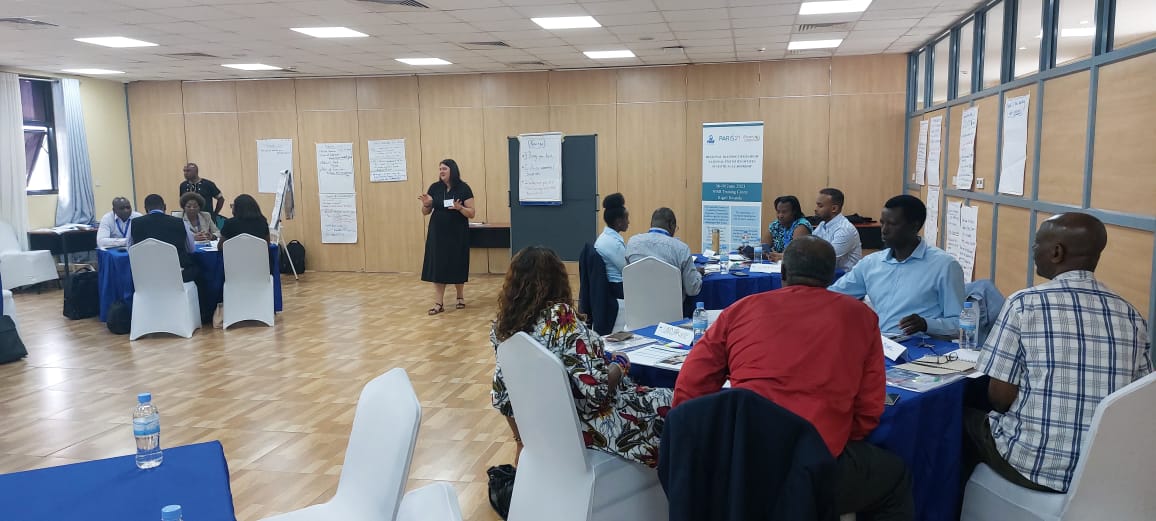PARIS21, AU/STATAFRIC, and NISR are organizing a 4-day statistical leadership training workshop for African NSO leaders, aimed at enhancing leadership effectiveness, increasing self-awareness, addressing challenges, fostering coordination, and promoting female leaders in statistics. The training, hosted by NISR in Kigali, Rwanda, focuses on understanding strengths, weaknesses, and challenges, developing comprehensive plans, nurturing leadership styles, and promoting collaboration.
The training is structured around assessment tools, experiential activities, and peer learning/mentoring. Assessment tools help leaders identify developmental goals aligned with organizational needs, while experiential activities enhance leadership skills through practical scenarios. Peer learning and mentoring foster a supportive network for sharing best practices and strengthening leadership skills.
Effective coordination, an essential aspect of NSO leadership, involves organizing work, aligning it with the organizational workflow, and engaging external stakeholders. Coordination skills include managing activities in the evolving data landscape, prioritizing based on data demand, linking plans with other NSS workstreams, and navigating crises. NSO heads also coordinate NSS stakeholders and promote female leadership visibility.
Led by the Center for Creative Leadership (CCL), the Regional Statistical Leadership Training aims to unlock participants' potential as effective leaders in statistics development. It focuses on leadership essentials, development drivers, emotional intelligence, and influence. The training also emphasizes strengthening soft skills and enhancing the visibility of female leaders.
By the end of the training, participants will be equipped with tools for effective leadership and emotional intelligence. They will understand change leadership, employ techniques such as active listening and feedback mechanisms, and identify appropriate leadership approaches for different situations. The training empowers leaders to address specific concerns faced by female leaders.
The Regional Statistical Leadership Training provides an opportunity for leaders to cultivate their potential, foster NSS coordination, and elevate female leadership visibility. By strengthening national statistical systems, enhancing data quality and relevance, and improving citizen well-being, NSO heads can drive a brighter, data-driven future.
TUGIRIMANA Jean Paul
Communication Officer/NISR


